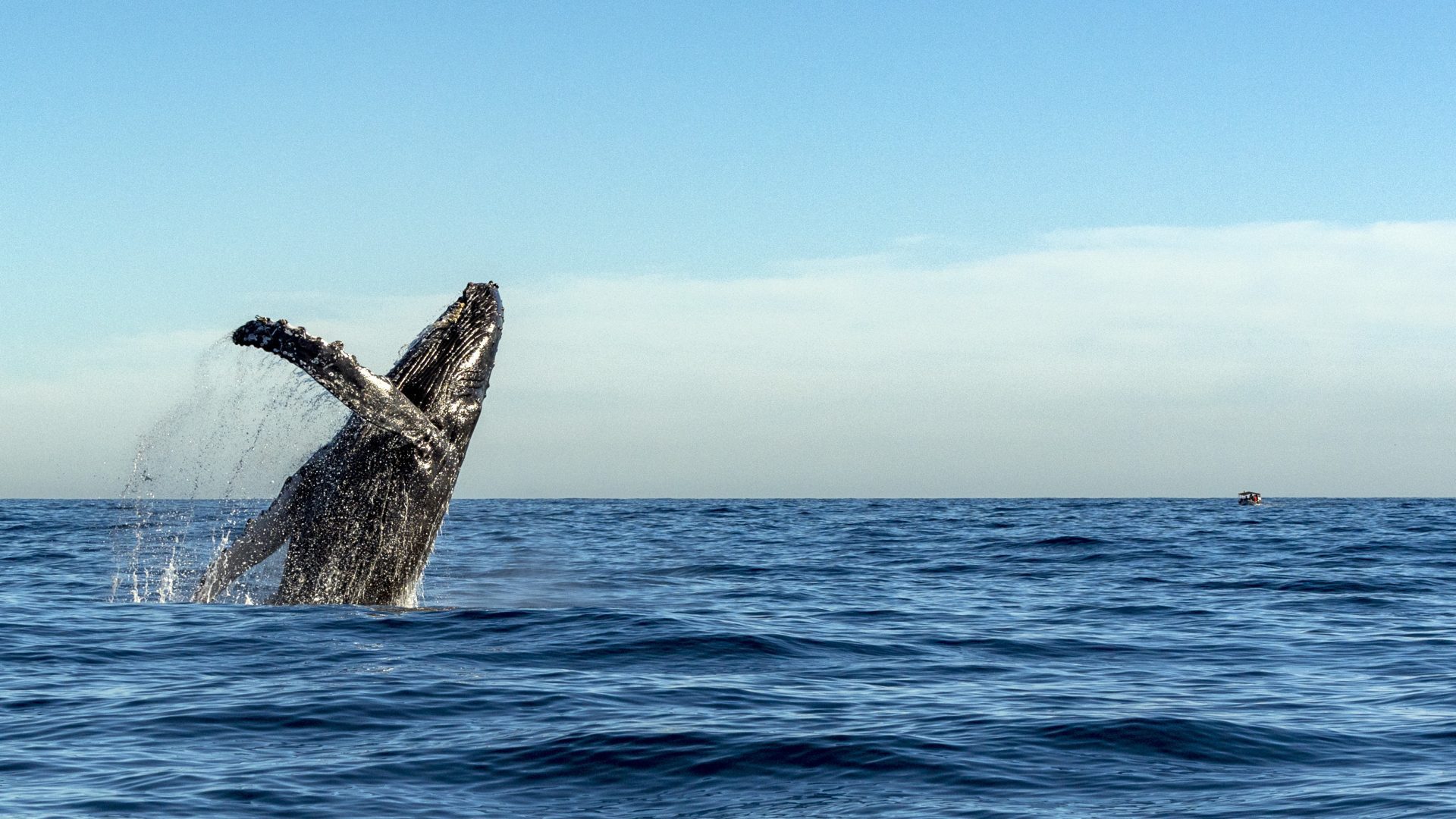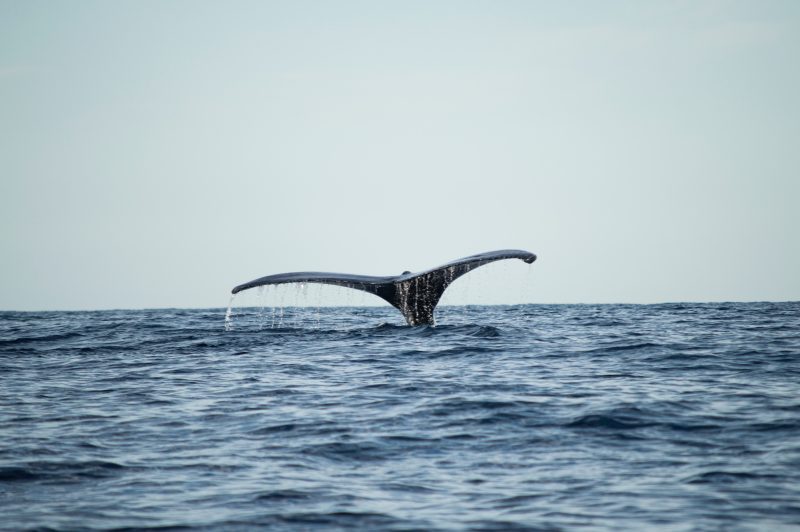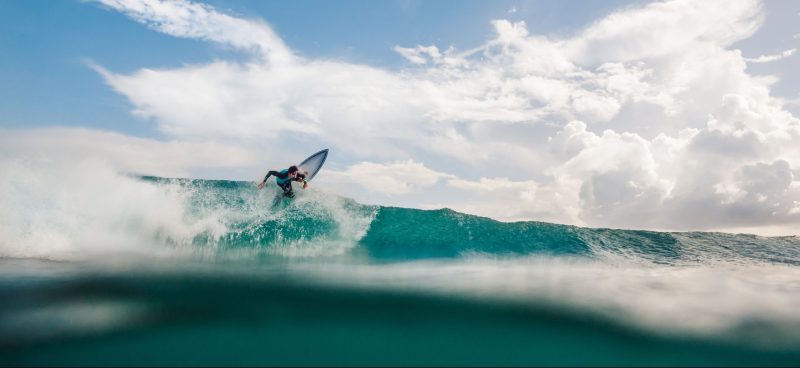Revitalised. Re-energised. Rewilded.
A recovered ocean will benefit all of us.
Life in our seas is as diverse as the natural world gets, but that biodiversity has been under threat from human activities for too long.
What’s happening beneath the waves?
The UK’s seas contain some of the richest and most diverse sea life in the world. However human impacts mean that this is fast being destroyed.
Seagrass covers just 1% of the ocean surface but absorbs up to 15% of the carbon the ocean stores. Coastal wetlands – salt marshes and mangrove forests – also have huge capacity to capture carbon from the air. Despite this, in the UK we’re losing 100 hectares of salt marshland a year.
As seabird numbers have plummeted and fish stocks decline, half of UK sharks and rays are in a threatened or near-threatened category on the International Union for Conservation of Nature’s (IUCN) Red List of Threatened Species.
What does the ocean need to recover from?
Past government policy has failed to return our waters to a healthy state, endangering once rich, varied habitats that are vital for limiting climate change, supporting livelihoods, and keeping us all healthy.
Overfishing. Species exploitation. Industrial activity. Climate change. Threats to the ocean are coming from all sides.
Acidification and warming of the ocean is destroying its ecosystem. Deep-sea mining and industrial fishing are wrecking the seabed. The impact of dwindling fish stocks from overfishing filters through the entire oceanic food web. Dolphins, whales, seals and birds are frequently entangled as bycatch.
Measures to limit some of this damage, such as the establishment of Marine Protected Areas (MPAs) and the creation of licences are just too soft. In the 30% of UK waters designated as MPAs, supertrawlers still drag their equipment across the seabed.
A lack of collaboration between countries is also failing to tackle the borderless movement of ocean pollution.




